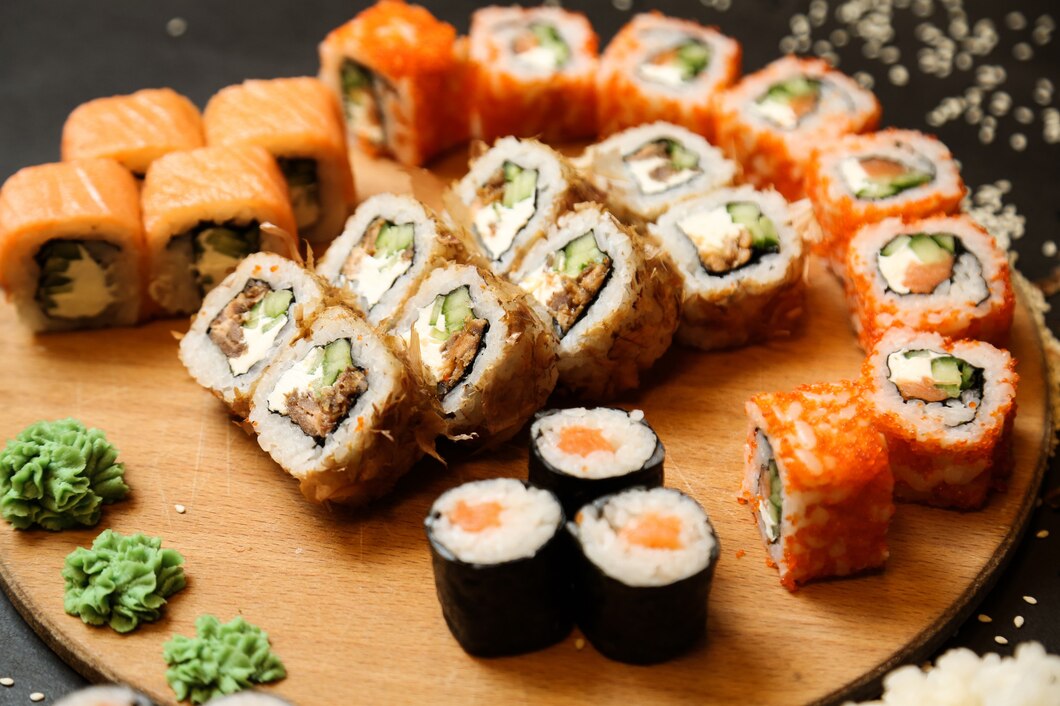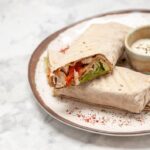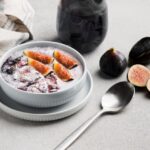Maintaining a healthy diet during pregnancy is crucial to support the well-being of both the mother and the developing baby. While there are plenty of nutrient-rich foods that can promote a healthy pregnancy, some foods can pose risks, such as increasing the chance of foodborne illnesses, harming the baby’s development, or leading to pregnancy complications. Here are 20 foods South Africans should avoid during pregnancy to ensure both mom and baby remain healthy.
1. Raw and Undercooked Meat
Raw or undercooked meat, especially beef, lamb, and pork, can carry harmful bacteria like Listeria or Toxoplasma. Ensure all meats are well-cooked to reduce the risk of infection.
2. Unpasteurized Dairy Products
Cheeses like feta, blue cheese, and brie, or other dairy products that are unpasteurized, can harbor bacteria such as Listeria, which can cause pregnancy complications. Opt for pasteurized dairy products to stay safe.
3. Raw Seafood
Avoid sushi, sashimi, and other forms of raw seafood as they can contain harmful bacteria or parasites that may lead to food poisoning or infections. Cooked seafood is safe and provides a good source of omega-3s.
4. Raw Eggs
Raw or undercooked eggs may contain Salmonella, leading to food poisoning. This includes foods made with raw eggs, such as homemade mayonnaise, raw cookie dough, or certain salad dressings. Always ensure eggs are fully cooked before consumption.
5. High-Mercury Fish
Certain fish such as swordfish, king mackerel, and shark are high in mercury, which can negatively affect the baby’s developing brain and nervous system. Stick to low-mercury fish like salmon, sardines, and trout.
6. Cold Deli Meats
Cold cuts like ham, turkey, and salami may carry bacteria like Listeria, which can cause miscarriage, stillbirth, or premature labor. If you must consume deli meats, ensure they are heated thoroughly before eating.
7. Unwashed Fruits and Vegetables
Fresh produce is great for your health, but if unwashed, it can carry harmful bacteria and pesticides. Always wash fruits and vegetables thoroughly to avoid possible contamination.
8. Soft Serve Ice Cream
Soft serve ice cream can contain Listeria due to contaminated machines. Opt for homemade or store-bought hard ice cream to reduce the risk of infection.
9. Certain Herbal Teas
Herbal teas like chamomile, licorice root, and parsley tea can have adverse effects on pregnancy, such as stimulating the uterus or causing hormonal imbalances. Stick to pregnancy-safe teas like ginger or rooibos.
10. Liver
While liver is rich in iron and vitamin A, too much vitamin A during pregnancy can harm the baby’s development. Limit consumption of liver to avoid excessive vitamin A intake.
11. Unripe Papaya
Unripe papaya contains latex, which may trigger uterine contractions and potentially lead to premature labor. Ripe papaya, however, is safe in moderation as it is rich in vitamins.
12. Caffeine
Excessive caffeine intake has been linked to miscarriages and low birth weight. Limit caffeine consumption to under 200 mg per day (about one cup of coffee).
13. Alcohol
Alcohol consumption during pregnancy can cause fetal alcohol syndrome, leading to developmental delays, birth defects, and learning disabilities. Avoid all alcoholic beverages throughout pregnancy.
14. Artificial Sweeteners
Certain artificial sweeteners like saccharin and aspartame may cause adverse effects on fetal development. Opt for natural sweeteners like honey or stevia when necessary.
15. Raw Sprouts
Raw sprouts such as alfalfa, clover, and mung bean can harbor bacteria like E. coli or Salmonella. Ensure sprouts are cooked thoroughly or avoid them altogether during pregnancy.
16. Processed Junk Foods
Processed junk foods are often high in unhealthy fats, sugars, and artificial additives. They provide little to no nutritional value and can lead to excessive weight gain and pregnancy complications. Choose whole, nutrient-dense foods instead.
17. High-Sodium Foods
Excessive salt intake can lead to high blood pressure, which increases the risk of pregnancy complications such as preeclampsia. Limit consumption of salty snacks, canned foods, and fast food.
18. Smoked Fish
Smoked fish like smoked salmon or mackerel can harbor harmful bacteria like Listeria. Unless cooked at high temperatures, it’s best to avoid smoked fish products during pregnancy.
19. Energy Drinks
Energy drinks are packed with caffeine, sugar, and other stimulants that can raise your blood pressure and heart rate, which is dangerous for both you and your baby. Avoid energy drinks entirely.
20. Fried Foods
Fried foods, especially those cooked in unhealthy oils, can lead to excessive weight gain and increased cholesterol, both of which can complicate pregnancy. Opt for grilled, baked, or steamed foods to ensure a healthier diet.
Maintaining a balanced, nutritious diet during pregnancy is essential for the health and well-being of both mother and baby. By avoiding these 20 foods, South African moms-to-be can reduce the risk of pregnancy complications and ensure a healthier, more comfortable pregnancy. Remember to always consult with your healthcare provider when it comes to dietary restrictions or concerns, and focus on incorporating wholesome, nutrient-rich foods into your pregnancy diet.








